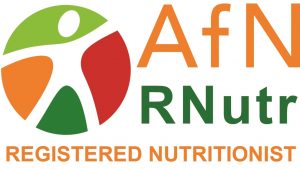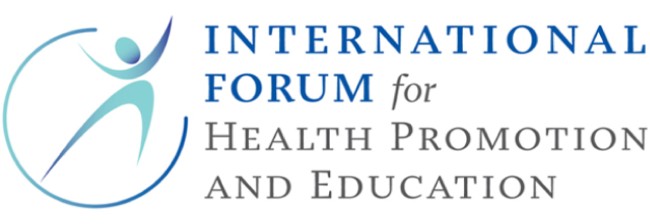The very sad death of 15-year-old Natasha Ednan-Laperouse, after eating a takeaway baguette containing sesame seeds while on a flight, alerts us all to the dangers faced by those travelling with food allergies.
The scale of the problem is huge. Estimates vary, but around 3% of the population report having an allergy to food and the consequences of an unintentionally ingested allergen can be catastrophic. This gives considerable anxiety to many people travelling for business.
In fact, 1 in 604 flights will on average experience a medical emergency (approximately 30 a day) of which anaphylaxis shock will be considered as a medical emergency. Should an incident occur during a flight, the airline may re-route to the nearest airport for medical attention.
What Allergens Do We Need To Watch Out For

The UK, in common with many other nations, requires that a food business tells us if they use any of the following ingredients in the food and drink they provide:
Celery, cereals (including wheat, rye, barley, oats), crustaceans (eg prawns, crab, lobster), eggs, fish, lupin, milk, molluscs (eg mussels and oysters), mustard, tree nuts (including almonds, hazelnuts, walnuts, brazil nuts, cashews, pecans, pistachios and macadamia nuts), peanuts, sesame seeds, soybeans, sulphur dioxide and sulphites (at a concentration of more than 10ppm).
Regulations Vary
The rules governing the labelling of allergens in foods varies, both by country and by the situation in which the food is bought. Different outlets have different responsibilities, for example, the EU doesn’t require allergens to be listed on foods sold loose. Anaphylaxis Australia states that business owners must provide accurate information on food ingredients if and when a customer asks for it. In the UK, a food business must provide allergen information in writing, either on a menu or with a sign explaining how you can obtain this information. The UK Food Standards Authority (FSA) advises that if you think that a person hasn’t fully understood the question or might not know the answer, then don’t eat that food.
Research the Route

When eating and preparing food at home, it’s possible to tightly regulate the preparation environment and the ingredients. However, caution is needed when using unfamiliar catering whilst travelling for work.
Many excellent allergy organizations give detailed, up to date information on foods served and policies in place for various carriers and destinations. For example, allergyfacts.org.au/allergy-management/risk/travelling-with-allergies has brilliant information sheets on most international airlines and Allergy UK is trying to build up a list of cafes and restaurants that have been rigorously cleared, but so far the list is short. Local food bloggers are another good source of information, such as feelgoodeating.com.au/allergy-friendly-restaurants-melbourne.
Be Prepared
Large airlines with advance notice can provide meals free from most allergenic ingredients, although serving peanuts to other passengers has still caused illness on board some flights. Some airlines such as Virgin and Easy Jet will make an announcement on board for other passengers not to consume peanuts when a passenger is known to be allergic. So, it always pays to ring in advance and inform the airline that you are allergic to peanuts.

Small, budget airlines offer little or no food choice and bringing our own food is the easiest and safest option. Airport terminals and station cafes need rigorous checking of ingredients. Eurostar has some special meal provision in their Premium service but the rule must always be that where information is patchy, carrying safe snacks is essential.
The FSA provides a long list of cautions such as checking menus online, double checking items with complex ingredients, awareness of the risk of cross-contamination and always contacting a venue, airline/train company prior to travel.
Finally, we need any colleagues travelling with us to be aware, not only of the allergy but of how to respond should a problem occur.
© Executive Travel Vitality 2018




























